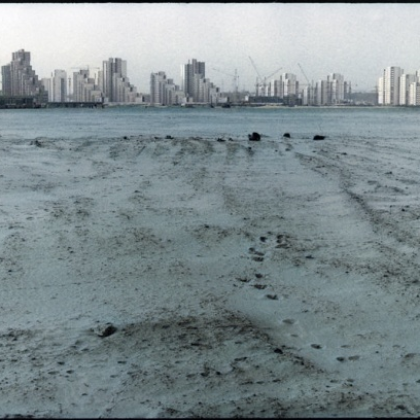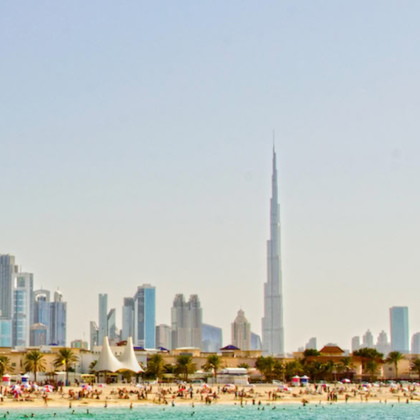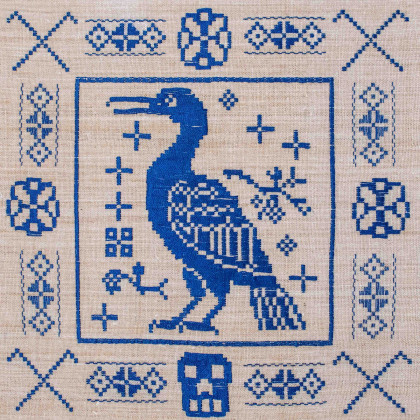The African Union
The African Union (AU) is a continental union consisting of all 55 countries on the
African continent, extending slightly into geographical Asia via the Sinai
Peninsula in Egypt, except for territories of European countries located in Africa.
It was established on 26 May 2001 in Addis Ababa, Ethiopia, and launched on 9 July
2002 in South Africa, with the aim of replacing the Organisation of African Unity
(OAU) established on 25 May 1963 in Addis Ababa, with 32 signatory governments.
The most important decisions of the AU are made by the Assembly of the African
Union, a semi-annual meeting of the heads of state and government of its member states.
The AU's secretariat, the African Union Commission, is based in Addis Ababa.
The historical foundations of the African Union originated in the Union of African
States, an early confederation that was established by Kwame Nkrumah in the 1960s,
as well as subsequent attempts to unite Africa, including the Organisation of
African Unity (OAU), which was established on 25 May 1963, and the African Economic
Community in 1981. Critics argued that the OAU, in particular, did little to protect
the rights and liberties of African citizens from their own political leaders,
often dubbing it the "Dictators' Club".
Member states of the African Union cover almost the entirety of continental Africa
and several off-shore islands. Consequently, the geography of the African Union is wildly
diverse, including the world's largest hot desert (the Sahara), huge jungles
and savannas, and the world's longest river (the Nile).
The AU presently has an area of 29,922,059 square kilometers (11,552,972 sq mi),
with 24,165 kilometres (15,015 mi) of coastline. The vast majority of this area is
on continental Africa, while the only significant territory off the mainland is the
island of Madagascar (the world's fourth largest island), accounting for slightly
less than 2% of the total.












Dodaj komentar
Komentiraj